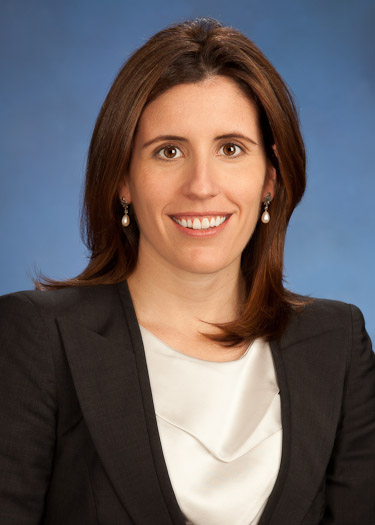Psychologist Susanna Mittermaier says perfectionism is often fueled by cultural expectations and conditioning, involves a harsh inner critic, ruins people’s capacity to feel joy and needs to be addressed.
She states:
“I grew up in a culture where it was very important to be as perfect as possible, which meant living in the constant fear of judgement and the need to filter everything through the question of: is this perfect enough?” she says. “We must put an end to this for ourselves and the generations to come.”
Mittermaier teaches people how to step out of self-judgement and perfectionistic tendencies in her Right Voice for You course. It invites people to let go of the harsh internal critical voice and make way for their own. Some of her top tips include:
1. Stop judging you
Every judgement defines you and stops positive energy and opportunities from flowing into your world. Every time you judge yourself negatively or harshly it’s like putting the brakes on whatever you’re trying to create in your life.
2. Be willing to let go
Perfectionists can hold onto ideas, projects and contributions in fear of the judgement that will come if they share them before they are 100 percent perfect. Be willing to let these ideas, projects and conversation pieces fly out into the world, whether they’re perfect or not.
3. Don’t look for others approval
If you feel excited about saying, creating or contributing something in your home, workplace or social circles, don’t wait for approval from others (or even your inner critic). Other people’s points of view are not relevant.
3. Don’t wait. Create.
Stop waiting for conditions to be perfect to start creating the experiences you actually want in your life. Give yourself permission to stop worrying about the outcomes (whether things will be perfect or what others will think) and start creating today. Creation starts with one choice. Ask yourself what the first, easy step you could take might be.
4. Your past does not determine who you are in the present or future
Perfectionists have usually judged themselves harshly. They may have never measured up to the expectations of others or that of their own inner critic, which can leave many feeling like a failure. Don’t buy into the story of your past. Instead, start creating your future.
5. Get to know your imperfections
Make a list of your top three imperfections. Then, ask how can you can use each of them to your advantage? If you think you are shy and you believe that is a weakness, ask yourself what the power of shyness is? Shy people are usually great listeners, which can be a great advantage in many work and social settings.
6. Learn to enjoy being imperfect
Perfection is about measuring yourself against the standards of society and others. See your individuality as a resource rather than a liability. Enjoy your imperfection and recognize your difference as a treasure box of gifts then use them to create your life, projects and relationships in a way that is unique to you.
“Perfectionism stops people from being able to express themselves in the world,” Mittermaier says. “Giving up the need to be perfect and allowing your right voice to come through into the world is so liberating for people. I love it when people realize they can do things they’ve been stopping themselves from doing, especially when those things have the capacity to make them happy.”
About the author
Susanna Mittermaier is a clinical psychologist, psychotherapist and author of the #1 International Bestselling book, “Pragmatic Psychology: Practical Tools for Being Crazy Happy.” A global speaker, she has also been featured in magazines such as TV soap, Women’s Weekly, Empowerment Channel Voice America, Om Times, Motherpedia, Newstalk New Zealand and Holistic Bliss. Susanna offers a new paradigm of therapy called Pragmatic Psychology and is known for her revolutionary perspective on mental illness. Her unique perspective identifies depression, anxiety, ADHD and other forms of mental illness as a capacity that has not yet been acknowledged. Susanna is an internationally accredited Access Consciousness Facilitator, including Right Riches for You, a specialty program of Access Consciousness. She transforms people’s problems and difficulties into possibilities and powerful choices. Follow on Twitter @AccessSusanna.


 There are a variety of quotes throughout history that all mean something to the effect of, ‘Life is what happens when you are busy making other plans’.
There are a variety of quotes throughout history that all mean something to the effect of, ‘Life is what happens when you are busy making other plans’. Given the sizable success that Goldman Sachs’
Given the sizable success that Goldman Sachs’